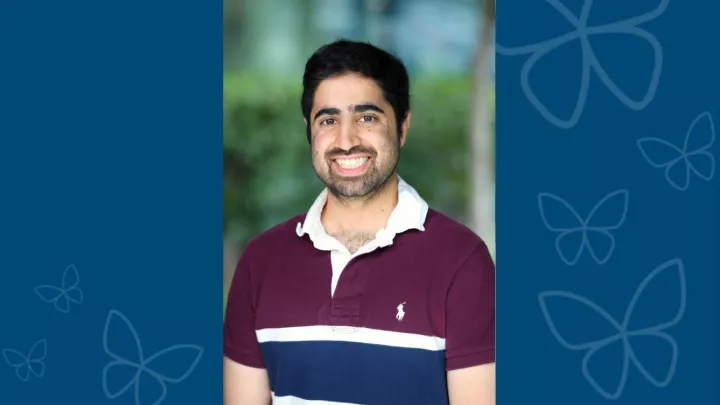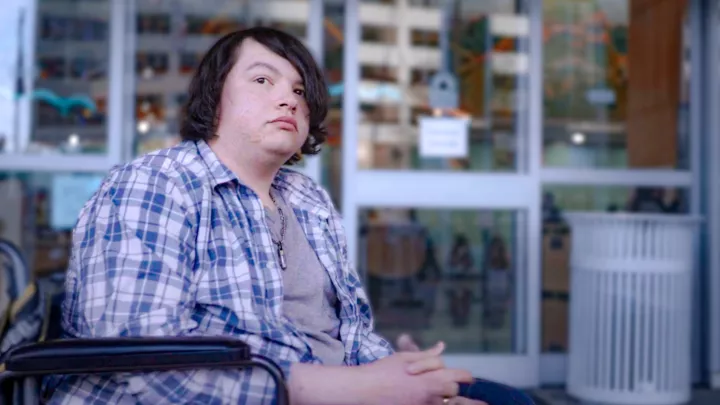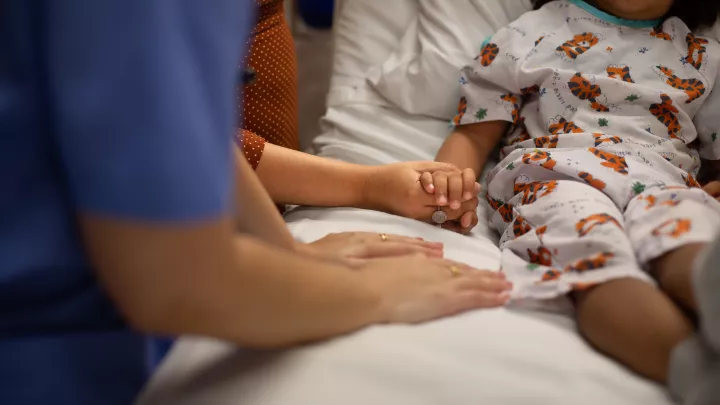Iron Overload Disorder Clinic
Lifesaving blood transfusions for certain hematology disorders can lead to dangerously high iron levels in your child’s organs. Children’s Hospital Los Angeles is one of the few programs in the country specializing in this condition.
We are pioneers in iron overload disorder care. Our specialists have the expertise to consistently restore normal iron levels. We help our patients avoid life-threatening complications and thrive into adulthood and old age.
Iron Overload Disorder Care: Why Choose Us
When you come to CHLA, your child receives world-class services for iron overload disorder. Our researchers have made notable contributions to the field. We developed care methods that are now standard practice around the world.
This clinic is part of CHLA’s internationally recognized Red Blood Cell Disorders Program and offers:
- Expertise: CHLA is home to pediatric hematologists specializing in iron overload disorder. Your child benefits from precise, personalized care that’s available only at large centers like ours. Meet our team.
- Advanced imaging: We were among the world’s first programs using magnetic resonance imaging (MRI) to assess high iron levels. This method is more accurate than blood testing in determining how iron buildup affects specific organs. MRI results help us tailor care to lower the risk of organ damage.
- Coordination: Our experts work with other CHLA hematologists and cancer specialists to coordinate regular iron overload disorder screenings. We are in constant communication, making it easier to adjust monitoring and care plans whenever necessary.
What Is Iron Overload Disorder?
Iron overload disorder occurs when there’s too much iron in the body. A common cause of high iron levels is regular blood transfusions (transfusion therapy). For certain blood diseases, transfusions are necessary to restore normal levels of healthy cells. Children with cancer are also at risk because treatment side effects, such as anemia, also require transfusion therapy.
With each transfusion, your child receives up to a year’s worth of iron. And the body has no natural way of eliminating it. Instead, it stores iron in the organs. Over time, this buildup can lead to life-threatening organ damage.
Conditions That Cause Iron Overload Disorder
Children who have a condition that requires transfusion therapy or causes high iron levels may benefit from our services.
These conditions include:
- Cancer, especially if your child is receiving chemotherapy
- Hemophilia
- Hereditary hemochromatosis (absorbing too much iron from food)
- Severe, ongoing anemia
- Sickle cell disease
- Thalassemia
Iron Overload Disorder Research and Innovation
CHLA is at the forefront of iron overload disorder research. We co-developed the MRI technology that makes it possible to measure iron buildup in specific organs. This technology is now in place all over the world. But many patients still come to CHLA from great distances for our expertise. We have performed thousands of these assessments.
Other scientific contributions include developing care guidelines for monitoring and managing high iron levels. We continue to advance iron overload disorder care through research and clinical trials.
Contact us
The Cancer and Blood Disease Institute welcomes new patients, referrals and second opinions. Please call us to make an appointment.
- Existing patients: 323-361-4624
- New patients, referrals and second opinions: 323-361-4100


